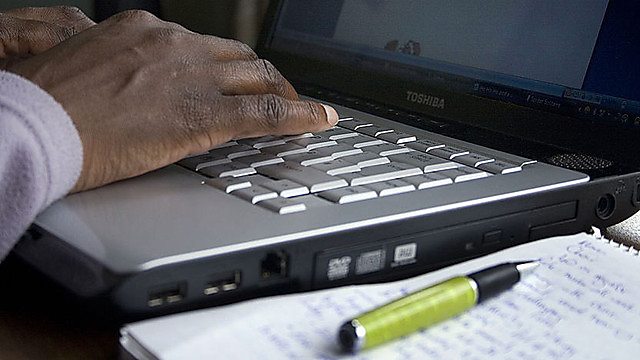The Future of Media in Thailand
How easy is it to get objective news in Thailand five months since the military coup? Rajan Datar hears reactions from Thai listeners in Bangkok.
Five months on from a military coup in Thailand, which saw the temporary suspension of international news channels, including �鶹������ҳ��� World News, Rajan Datar is in Bangkok to hear how the media is operating now. He hears from two users of the �鶹������ҳ��� Thai service, which ‘popped up’ online in the aftermath of the coup and uses social media to provide audio, text and video news in both Thai and English. They have been using the service to get their world news instead of Thai media, which they perceive to be subject to censorship. And, Rajan meets Jonathan Head, the �鶹������ҳ���’s South East Asian correspondent, to find out about the delicate balance between working with the authorities and operating as a global broadcaster with an objective to remain impartial. And, he finds out what the current situation means for Thai journalists without the freedoms of the �鶹������ҳ���.
Also, the �鶹������ҳ��� reaffirmed its commitment to better represent women in its international output, with the return of 100 Women. Plus, we focus on the new programme called The Conversation. Every week, two successful women in a similar field meet for the first time to share their experiences. This week, two of the most powerful figures in the legal profession spoke for the first time – Judge Khalida Rachid Khan, Pakistan's first woman judge, and Justice Mandisa Maya, the first black woman to be appointed to the Supreme Court of Appeal in South Africa.
Last on
More episodes
Broadcasts
- Sat 1 Nov 2014 11:50GMT�鶹������ҳ��� World Service Online
- Sat 1 Nov 2014 23:50GMT�鶹������ҳ��� World Service Online
- Mon 3 Nov 2014 03:50GMT�鶹������ҳ��� World Service Online
Podcast
-
![]()
Over to You
Talk back to the �鶹������ҳ��� and challenge the programme makers.


